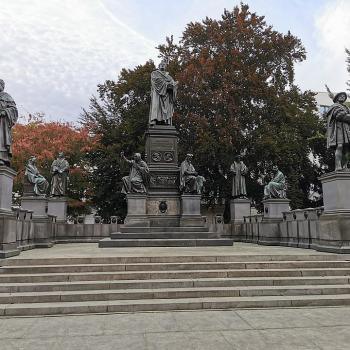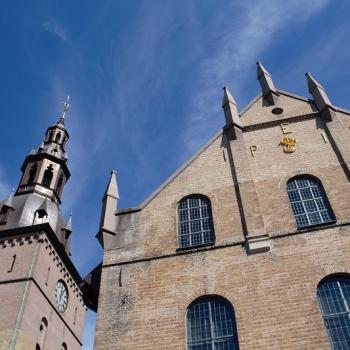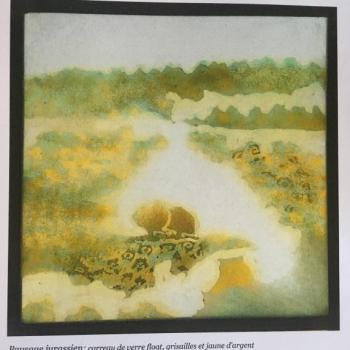The years after World War II witnessed much discussion about and reflection on the idea of human dignity. In 1949, with the Holocaust and Nuremberg trials fresh in mind, the drafters of the new German Constitution or Grundgesetzt included in its opening article the statement that “the dignity of man is inviolable.” A year earlier, the United Nation’s Universal Declaration of Human Rights referred to the “inherent dignity” of human beings and proclaimed that “all human beings are born free and equal in dignity and rights.” In the 1950s and 1960s, numerous constitutions drafted in the wake of de-colonization also employed the term “dignity” and, decades later, drafters of the Constitution of the European Union affirmed that the emerging political union “is founded on the values and respect for human dignity.” In short, the post-1945 moral-political landscape, in the West and the world, has been powerfully shaped by appeals to human dignity.
The origins of this moral vocabulary have various sources, but few would deny that it owes an immense historical debt to the biblical, Judeo-Christian notion of human beings as created in the image of God (Hebrew: tselem Elohim; Greek: eikon Theos; Latin: imago Dei). Indeed, for Christians today, irrespective of confession, the language of dignity has been employed to express the worth of the human person as bearing the impress of divinity. The ultimate biblical rationale is found in Genesis 1:26-27: “Then God said, ‘Let us make man in our image, according to our likeness. . .. So God created man in his own image, in the image of God he created him; male and female he created he them.” Commenting on this passage in his On the Creation of Man, the Eastern church father Gregory of Nyssa exulted that “everything about him [man] manifests royal dignity, by his exact likeness to the beauty of the archetype.”
From the early church to the present, appeals to the image of God and a concomitant assertion of human worth or dignity have been constants in Christian moral reflection about the human person, even if Christian practice often fell far short of principle. But as those who have preoccupied themselves with human dignity in recent years can attest, the principle, even the word “dignity,” is not always easy to get a handle on, and it faces a number of complex challenges today, both at a practical and theoretical level. Etymologically understood in its Western context, dignity (dignitas) arguably owes more to classical than Christian thought: in the Roman world dignitas was the amount of personal clout that a male citizen acquired throughout his life—a concept we might today associate more with “esteem” or “prestige.” It possesses an hierarchical, aristocratic connotation that does not sit too easily in our democratic age …
Alas, dear reader, I’m afraid you have been set up. Above are the first three paragraphs from a book, just released, based on a past conference at Gordon College. But the book, Imago Dei: Human Dignity in Ecumenical Perspective, is available for purchase here. And as every self-interested author (or editor in this case) might say, you should consider buying it even if you don’t intend to read it!
Enjoy the muggy days of August and I’ll have an original posting next time!












